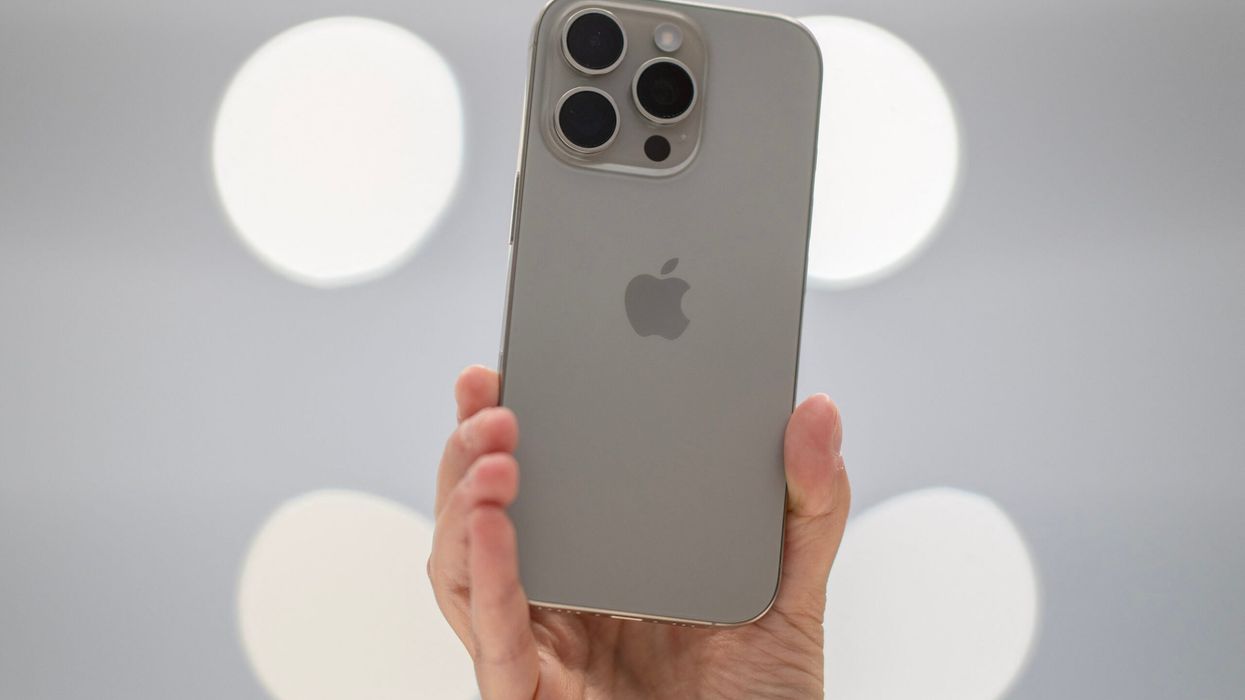APPLE unveiled its latest iPhone 16 on Monday, designed for generative artificial intelligence, as it seeks to boost sales and stay competitive in the tech landscape. The new models come with AI features, aiming to attract customers with enhanced software capabilities.
"We are thrilled to introduce the first iPhones designed from the ground up for Apple Intelligence and its breakthrough capabilities," said Apple CEO Tim Cook at an event held at the company's headquarters in Silicon Valley.
The new AI-driven features, called "Apple Intelligence," were first introduced in June during the company’s annual developers conference. At that time, Apple also announced its partnership with OpenAI, the maker of ChatGPT. These features will be available as a software download on the iPhone 16 and premium models starting next month. Initially, the release will be a test version in English, with other languages to follow later.
The immediate AI functions include image editing, translation, and creative touches in messaging. However, the AI capabilities will not match some of the ambitious advancements from competitors like OpenAI or Google. The features are similar to tools already launched by companies like Meta, Microsoft, and Google, which use everyday language queries to create well-crafted content.
"I think that people are going to love what we're doing with Apple Intelligence," Cook said. "When you start using it, it just changes your life."
The new iPhones will also introduce a Camera Control Button, which can recognise images and automatically create tasks, such as adding an event to a calendar based on a photo of a concert poster.
According to Techsponential analyst Avi Greengart, the current AI features are incremental, but future updates could bring transformative changes to iPhones. Apple may also introduce a "super-powered Siri" that integrates with all apps, potentially offering a more advanced assistant experience than what users have today.
The iPhone 16 models will start at £610 and will be available from September 20. Apple also introduced new versions of the Apple Watch and AirPods, with features focusing on health improvements like hearing protection and sleep apnea detection.
Despite the product launches, Apple’s stock price remained stable following the event.
Apple remains heavily reliant on iPhone sales, which generated £29.8 billion last quarter, representing about 60 per cent of the company's revenue. The iPhone continues to serve as the gateway to Apple's growing services, such as the App Store and Apple TV.
Recently, Apple has been facing a sales slump, as more users are holding onto older models for longer periods. Its latest launch closely follows Google's unveiling of the AI-enhanced Pixel 9, positioned as a competitor to the iPhone. Samsung has also been incorporating AI into its products as it maintains its leadership in global smartphone sales.
"On certain things, Apple is behind (on AI features)," said Creative Strategies analyst Carolina Milanesi. "But from a usability perspective, Apple's tools are more personal and integrated into the device. That is where the difference is, and that takes longer to design."
(With inputs from AFP)




